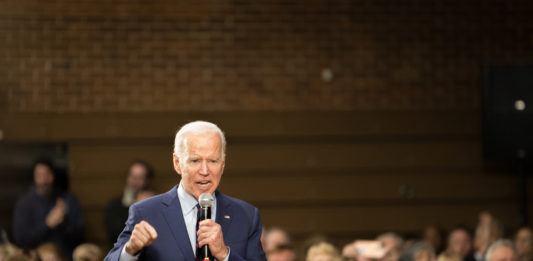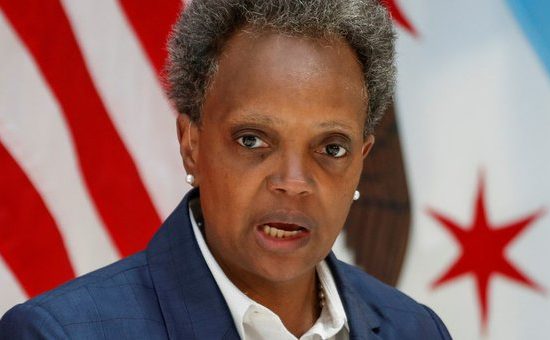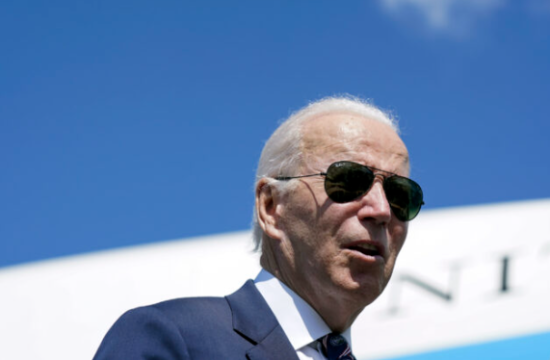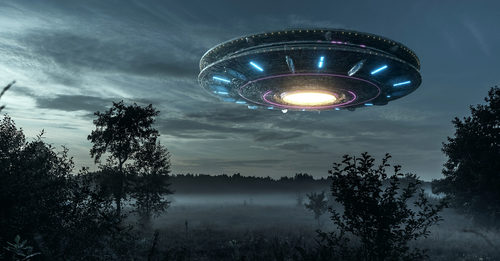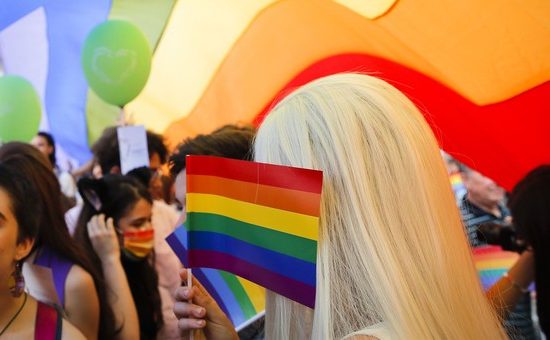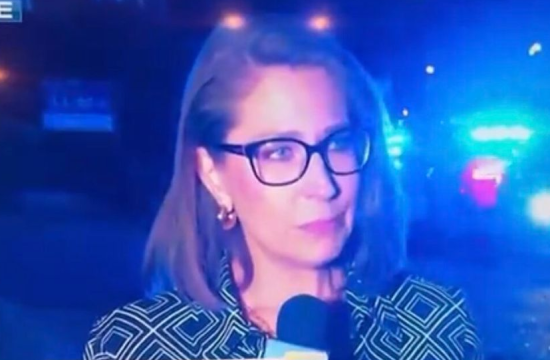The events in Ukraine may look to Paris, London, and Washington to be the commencement of a new Cold War in Europe.
Some Estonians, Latvians, and Lithuanians appear to be apprehensive that they could be the next target of Russia’s aggressiveness toward Ukraine. The tensions have reawakened memories of previous expulsions and persecutions.
All three Baltic republics were attacked and occupied by Stalin during World War II, but they recovered their independence after the Soviet Union collapsed in 1991.
They joined NATO in 2004, leaving itself at the mercy of the US and its Western partners in terms of military aid. Ukraine is not a member of NATO.
President Biden indicated two weeks before Russia’s projected attack on Ukraine that some American forces stationed in Europe would be dispatched to the three Baltic nations, including 800 combat personnel, F-35 fighter jets, and Apache helicopters.
The news was enthusiastically received in the Baltic cities.
While the NATO charter requires all allies to defend any member attacked, the Baltic states contend that NATO must show its resolve not just with words, but with forces on the ground.
In a remark earlier this week, Putin said that Ukraine is not only a foreign country for them, laying the stage for Russia’s military involvement. It’s inextricably related to our own culture, history, and spiritual realm.
Russia mocks Anglo-Saxon officials’ ignorance as the UK Foreign Secretary confuses the Baltic and Black Seas.
The Balkan states do not have the same cultural and linguistic linkages to Russian history and heritage due to their cultural and linguistic diversity.
For most of the previous 200 years, however, they were governed by Moscow, first by the Russian Empire, then by the Soviet Union for the half-century following World War II.



